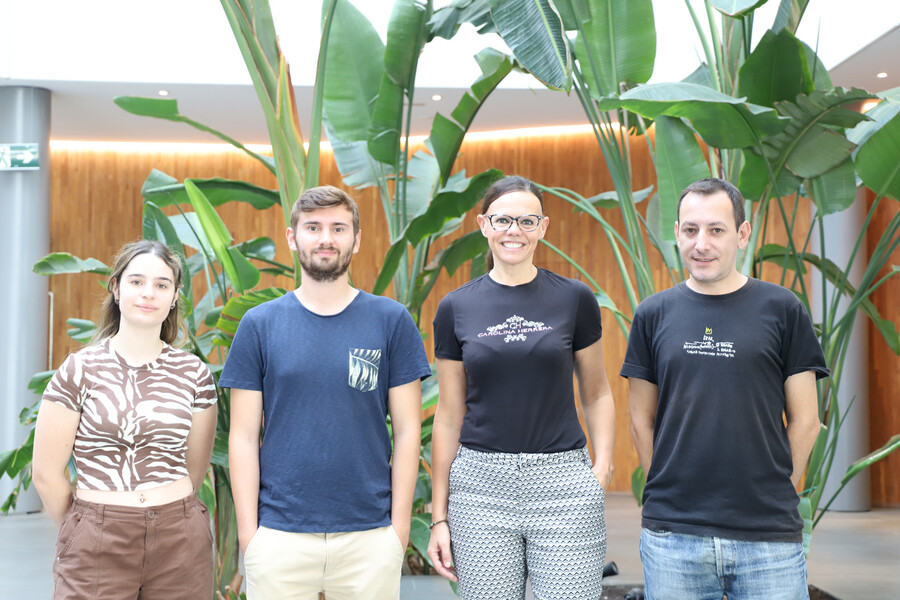
Introduction
Epigenetic therapies aim to modify the epigenome, the set of molecular processes that regulate gene expression without altering the DNA sequence and can change the course of a disease and its phenotype. There are now examples of epigenetic drugs for treating haematological malignancies approved by the United States Food and Drug Administration (FDA). However, the volume of promising preclinical evidence far exceeds the number of epigenetic research projects that have resulted in clinical applications to patients. Therefore, more translational studies that may lead to the development of more specific epigenetic drugs and more robust biomarkers are required.
Our Research
Our research aims to ascertain the therapeutic benefit of targeting epigenetic alterations in cancer together with the epigenetic-based stratification of patients to predict therapy response. To achieve this, we develop research based on three specific aims:
Identification of the epigenetic alterations that act as drivers of tumour progression (“druggable epigenetic alterations”).
Validation of epidrugs that can efficiently revert aberrant epigenomes in cancer.
Stratification of patients based on their epigenetic profile to predict response to immunotherapy.
Our Goals
We aim to develop a translational research line (named “epigenetic therapies”) that focuses on elucidating the epigenetic alterations that are druggable targets in a tumour, and the means to exploit them therapeutically within the framework of precision medicine.
Our Challenges
Through our research, we aim to help answer the following questions:
Which epigenetic alternations represent targets for drugs to treat cancer?
How can we efficiently treat tumours caused by epigenetic alternations?
Who could benefit from therapeutic strategies based on epigenetics?
Selected Publications
Current Grants
Fundació internacional josep carreras
TARGED-PHD Pharmacological inhibition of the PHD epigenetic reader as a cancer therapy for acute myeloid leukemia patients with NUP98::KDM5A translocations (TARGED-PHD)
Ministerio de ciencia e innovación
EPITARGET-AML Preclinical study of the use of epigenetic inhibitors as a personalized therapy for acute myeloid leukaemia patients carrying NUP98 gene fusions



